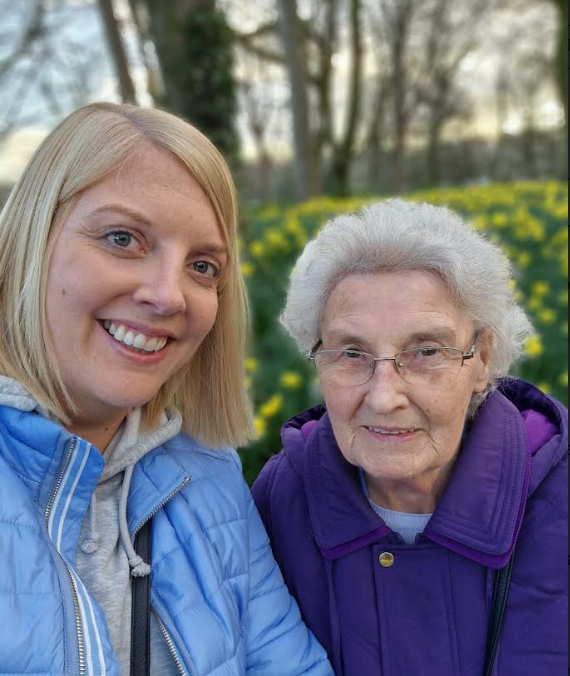Global food and drink group Princes has said it will offer UK employees double the new UK requirement for carer’s leave following consultation with its colleagues who are carers.
The employer, which supplies brands including Branston, Batchelor’s and Flora, will offer staff with caring responsibilities two weeks of leave a year, one week unpaid and one week paid. This is more generous than the statutory requirement which entitles all carers in employment to take five days of unpaid leave a year from 6 April 2024.
Jennifer Gallagher, senior human resources business partner at Princes, said: “The introduction of the carer’s leave act is an important step forward that recognises unpaid carers in the workplace for the first time.
“We know that many of our colleagues will benefit from this ground-breaking legislation, but as a business we felt that we should go further. Our stated ambition is to be an employer of choice and this means seeking ways to go further than the industry norm.”
The benefit only applies to Princes colleagues in the UK as colleagues at premises in Holland, Mauritius and Italy already have statutory provisions in place.
‘Carer is never a role you want’
For the last five years, Princes employee Ria Joyce (pictured) has juggled a busy career at the firm as head of commercial – Oils, alongside caring for her grandmother (also pictured).
When her grandmother Marie Joyce was first diagnosed with Alzheimer’s disease, Joyce moved back to her home city of Liverpool and joined Princes as a senior commercial manager.
For the first year, Joyce and her mum provided support when needed, such as sorting out bills, medication and running other errands.
But four years ago, her grandmother’s condition worsened, so Joyce and her mum decided to share full-time carer responsibilities. In practice this means that for half the week, they each live with Marie at her home in Knowsley and for the other half of the week they live at their respective homes in the city. It was during this period that Joyce was promoted to her current role.
Joyce said: “Becoming a carer is never a role that you want and there is no interview for it.”
Her grandmother goes to a day centre for two half days a week but the rest of the time she or her mother care for her.
“On some days this could include dressing and feeding her, while on better days she is able to do some of this herself with our guidance. As her condition has deteriorated, so the number of hospital appointments and visits have increased. You just take each day as it comes.
“Both my mum and I are holding down full-time jobs. My mum works as a fraud investigator for the Charity Commission. We still have a lot of things we want to achieve with our careers and in our personal lives.”
Joyce said she feels fortunate that she has always had good relationships with her line managers at Princes. “There was one day I came into the office in tears and my manager was so supportive. He understood before I did that I was now a full-time carer to my grandmother.
“More people than ever are becoming carers and often don’t immediately realise it. In my current role, I manage a team of eight and four of us are caring for or have cared for relatives at some point.”
She welcomed the new carer’s leave act and said she was pleased to have been asked for her input into how Princes could go beyond the statutory requirements.
“The act makes things clearer for line managers and carers. It removes the emotion when your life changes overnight. There is unfortunately still a stigma attached to being a carer when instead it is something that should be celebrated.
“This is something Princes has always been good at and I am proud that the company I work for is continuing to lead the way by offering colleagues more than the national requirement regarding leave.”
Gallagher said that the decision to offer carer’s leave above the statutory requirement aligns with the firm’s colleague value proposition and its goal to be a people-focussed, inclusive company.
She added: “A key part of our health and wellbeing strategy is supporting our colleagues when they need us most and we know that caring responsibilities can have a detrimental effect on a carer’s own health and wellbeing.
“It is also an example of how we bring our values to life in a practical way that makes a difference to the working and personal lives of our colleagues.
Employees will need to give at least three days’ notice to take leave or, for a request of more than one day, double as long as the requested leave. This is separate to any emergencies that arise, the employer said.













